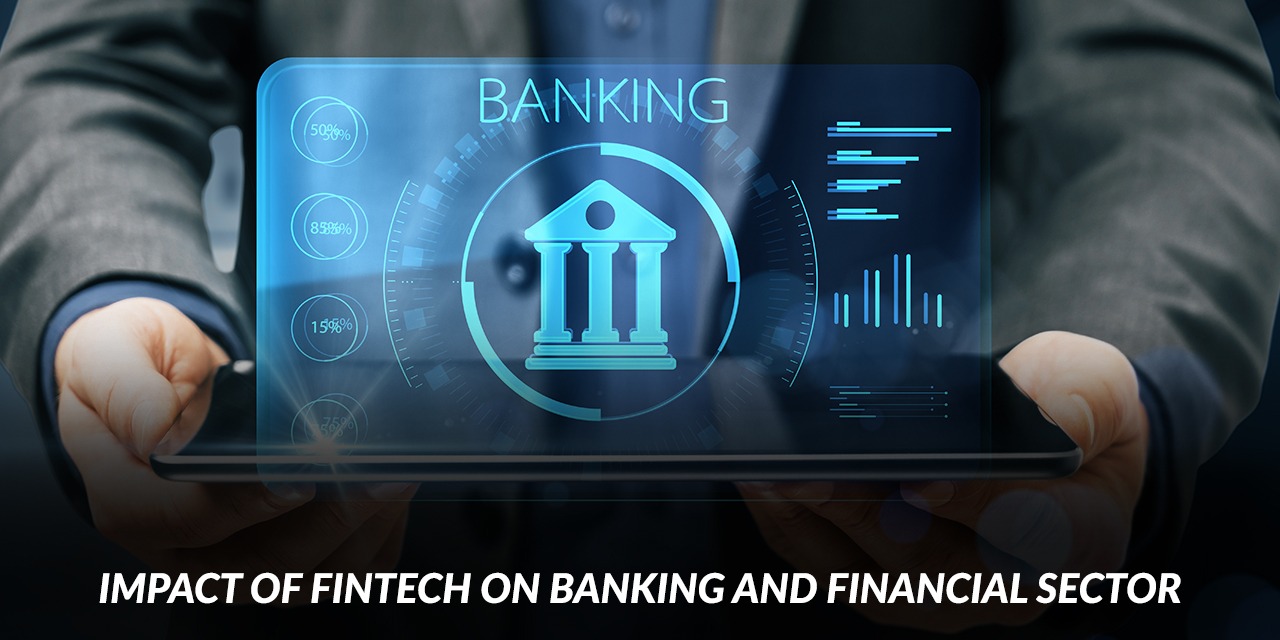Traditional banks faced huge obstacles as a result of the 2008 financial crisis. Innovation was neglected as they managed with new laws and stricter regulations. Due to this, there was a disconnect between what banks provided and what customers expected, which gave fintech companies the opportunity to enter the market and upend it.
Leaders in the market like Yu’e Bao from Alibaba have grown to be the world’s third-largest money market fund, and WeChat and other platforms provide easy-to-use financial services and money transactions. Traditional banks fear losing market share and consumers as a result of the impact of fintech on banks.
FinTech startups are offering alternative and cheaper financial products
The fintech impact on financial services is tangible. Emerging FinTech companies are upending the market by providing substitute and less expensive financial goods. These firms are active enough to spot and seize lucrative banking niches rapidly, displacing less lucrative business segments from established banks. Traditional banks are being forced by this competition to reconsider their approaches and adjust to the shifting market conditions.
Financial inclusion is enhancing with the help of technology
Enhanced financial inclusion is one of the impacts of fintech on banks major advantages. Through the use of creative solutions, FinTech startups and technology companies are offering financial services to the unbanked population. 700 million more people have access to financial services during the last five years, giving them more chances for economic development and prosperity.
Advancements in technology
The way traditional banks function is being revolutionized by the rapid improvements in fintech software development services and fintech software solutions. Artificial intelligence and machine learning in financial services are taking the role of call centers while improving user experiences and cutting expenses. By displacing conventional authentication techniques, speech recognition software and biometric data are enhancing security. Artificial intelligence and machine learning in financial services is also combining wearables and the Internet of Things to improve accessibility and convenience in banking.

Automation and innovation in banking will lead to important job losses
The impact of fintech on banks affects jobs in the banking industry even though it has many positive angles. Over the next ten years, banking positions will likely decline due to automation and innovation; estimates range from 30% to 50%. Financial hubs like Hong Kong will be impacted by this change, which would require established banks to reconsider their employment strategies.
The upcoming generation of talent in finance has to learn FinTech, design thinking, coding, and product development skills in order to manage the fintech impact on financial services. It is advisable for parents to support their children’s decision to join or establish startups rather than choosing secure positions in conventional banks.
As FinTech continues to transform the banking industry, programmers, designers, and creative thinkers will be critical in producing fintech software solutions and promoting fintech software development services. The future of banking will be built on three key pillars: fintech software solutions, entrepreneurship, and a deep understanding of customer needs. For traditional banks and the finance sector as a whole to succeed, they must embrace this transition and adjust to the new environment.
FinTech is transforming the financial sector and creating new chances for businesses and consumers alike. The fintech impact on financial services is posing a serious threat to traditional banks, which is pushing them to innovate and adapt. While there are many benefits to technological improvements, traditional banking employment is facing challenges as well. However the banking sector can prosper in the digital age if it embraces innovation and equips the next generation with fintech software development services skills while leveraging artificial intelligence and machine learning in financial services.



